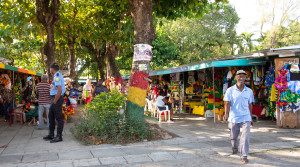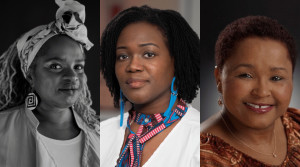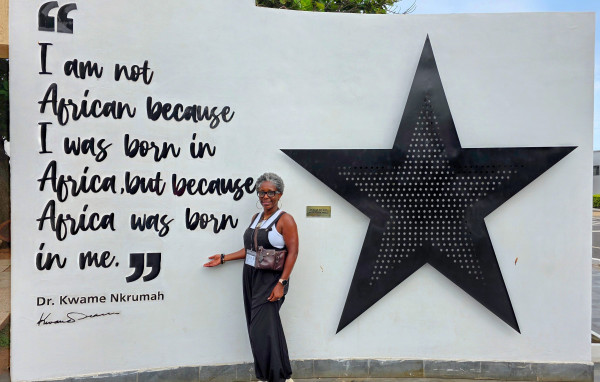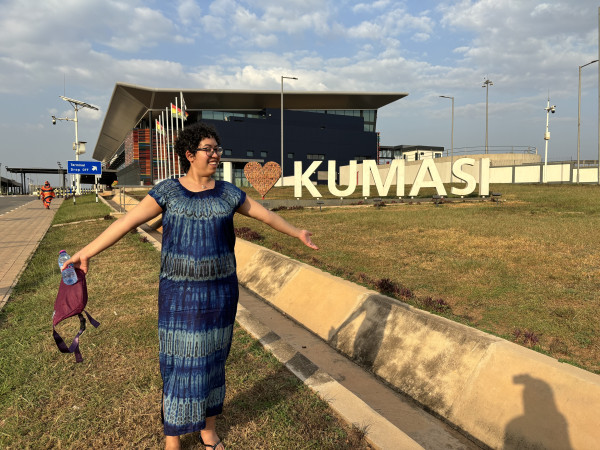Or maybe there’s a stubborn stain that you can’t remove. And rather than tossing it in the trash, you donate it. Someone else can wear this, you think to yourself. And you do a good deed by dropping it off at your local thrift shop.
But most of us have no idea that a lot of our used clothing ends up in places like Ghana, causing a huge pollution problem.
Ghana has been dubbed a ‘dumping ground’ for fast fashion. It imports about 15 million items of secondhand clothing each week, known locally as obroni wawu or “dead white man’s clothes.”
Ghana is the world’s biggest importer of used clothing, and Canada is among its top 3 providers.
According to The Observatory of Economic Complexity, Ghana imports used clothing primarily from the United Kingdom ($64.7M), China ($40.8M), Canada ($10.6M).
The clothes end up in secondhand clothing markets such as Kantamanto in Accra. But it’s estimated that 40% of these garments leave Kantamanto as waste because they can’t be sold. They are either too stained or too damaged.
Some are collected by waste management services, some are burned at the edges of the market, and the rest are dumped in informal landfills.
Old Fadama, a once vibrant community, has become an informal landfill. It is the largest unsanctioned dump for clothing waste leaving Kantamanto. It’s home to at least 80,000 people, many of whom migrated from northern Ghana, where the climate crisis affects farming.
{https://www.youtube.com/watch?v=JC7MNybwnTA}
Their houses are built on layers of waste and trash. Some beaches outside of Jamestown require stepping over mounds of plastic and clothes to get to the water, meaning many items get washed into the ocean.
Fashion Takes Action, a Canadian-based organization that released a report on textile recycling in 2020, has outlined Canada's direct implication in fashion exporting.
{https://www.instagram.com/p/C4qVrFZr3BX/?hl=en&img_index=1}
Their report notes, "In 2019, Canada exported approximately $130.54 million USD worth of used clothing, making Canada the eleventh largest exporter globally. What is not commonly known is that Canada also imports used clothing at times of the year when used clothing donations are low, so that sorters can keep their facilities in operation.”
Asia Clarke, a multidisciplinary artist and designer, has been working and living between Toronto and Accra, Ghana.
Born of Afro-Caribbean descent, she had the opportunity to volunteer in Ghana and fell in love with the country. “The culture of Ghana and other West African countries is very similar to Caribbean cultures. You can’t help but feel a sense of home.” Clarke shares that she has seen the impact that ‘Dead White Man’s Clothes’ are having around her.
{https://www.youtube.com/watch?v=cgABLFEIajg}
“While imported for the intention of resale, the donated clothing can be found polluting waterways nationwide in Ghana. The textile waste then affects water quality and clogs waterways, washing up in piles on beaches. There’s just too much of it coming in. I believe people know it is a problem, but I’m not sure the political ownership will exist to address it. Many people rely on selling used clothing for their income. Whatever doesn’t sell is often found polluting Ghana’s coast and bodies of water.”
Clarke adds that she is hopeful as organizations step up to create change. “Many pollution issues can often be linked to resource management, foreign dumping and inadequate policy intervention. I’m encouraged by the many NGOs and local organizations working to advocate for a clean Accra and Ghana. Local communities are really doing their best to address these issues while also having limited resources to deal with the root causes.”
One of these organizations is The Or Foundation, including member Yvette Yaa Konadu Tetteh, who swam the length of the River Volta to raise awareness about pollution. Tetteh hoped that her swim would draw attention to some of the pristine environments in Ghana, in contrast with places such as Korle Lagoon in the capital city of Accra, which was named one of the most polluted water bodies on Earth.
The Or Foundation offers fashion labs, apprenticeship programs, funds, and research to improve sustainability efforts. During her time in Ghana, Clarke befriended Tetteh, and they both shared the hope of preserving Ghana’s beauty.
Clarke returned to Toronto recently to share her photo documentary Strands & Structures, which will "connect Afro-Caribbean-inspired hair sculpture to different settings and environmental themes, exploring our existence and the spaces we build and discard.”
{https://www.instagram.com/p/C1zvv5btaQC/}
A critique of the popularity Ghana has gained in the past few years, especially since “The Year of Return,” has been that foreigners and diaspora are disconnected from and often contribute to the social, economic and environmental challenges faced by people living in Ghana.
The theme of discarding is crucial to consider. One man’s trash is not always another man’s treasure. Stereotypically white, colonizer countries are inferior materials to African countries to capitalize on their low socio-economic status and take advantage of their needs. When donating garments to thrift stores, consider the state of the garments you are donating and the values of the organizations you are donating to.
Only clothes 100% made of one textile or fabric are easily recyclable. Textile blends require harmful chemicals to process the recycling. While we can discard items, we cannot discard the planet we live on or how our choices impact society.
Asia Clarke’s exhibit Structures & Strands is on display at 222 Spadina Ave, unit 270, from now until July 28th.
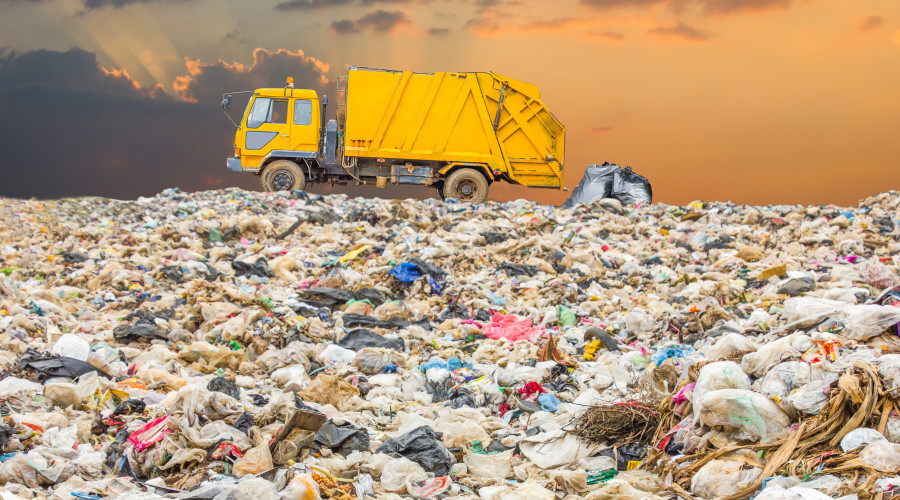
 By
By 

